detail profile elsa poblete
Peran Yang Di Mainkan Elsa Poblete
 Its 1948 and the Cold War has...
Its 1948 and the Cold War has...Neruda 2016
It’s 1948 and the Cold War has arrived in Chile. In the Congress, prominent Communist Senator and popular poet Pablo Neruda accuses the government of betraying the Party and is stripped of his parliamentary immunity by President González Videla. The Chief of Investigative Police instructs inspector Óscar Peluchonneau to arrest the poet. Neruda tries to escape from the country with his wife, the painter Delia del Carril, but they are forced to go underground.
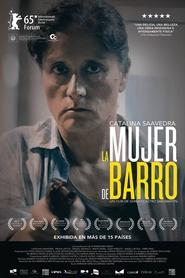 Mara Cartagena is a seasonal worker...
Mara Cartagena is a seasonal worker...The Mud Woman 2015
María Cartagena is a seasonal worker in the fruit fields of an arid valley in northern Chile, to bring sustenance to her daughter and disabled husband. During the hard workday she overcomes abuse and mistreatment driven by a powerful motivation: saving enough money to visit her brother’s grave, one of the disappeared after the Pinochet coup.
 In 1988 Chilean military dictator Augusto Pinochet...
In 1988 Chilean military dictator Augusto Pinochet...No 2012
In 1988, Chilean military dictator Augusto Pinochet, due to international pressure, is forced to call a plebiscite on his presidency. The country will vote ‘Yes’ or ‘No’ to Pinochet extending his rule for another eight years. Opposition leaders for the ‘No’ vote persuade a brash young advertising executive, René Saavedra, to spearhead their campaign. Against all odds, with scant resources and while under scrutiny by the despot’s minions, Saavedra and his team devise an audacious plan to win the election and set Chile free.
 Teresa Wilms Montt is a writer...
Teresa Wilms Montt is a writer...Teresa 2009
Teresa Wilms Montt is a writer, a rebellious woman, tormented and beautiful. He marries at age 17 challenging family opposition. She falls in love with someone she should not and the family court condemns her to confinement in a convent. Separated from her two daughters, she escapes to Buenos Aires with Vicente Huidobro. From that flight her life becomes an exciting and tragic itinerary.
 A Chilean teacher Ramiro is sentenced...
A Chilean teacher Ramiro is sentenced...The Frontier 1991
A Chilean teacher, Ramiro, is sentenced to internal exile in a southern town where tidal waves often appear. He falls for a woman, Maite, whose father asks him to take her away. Although he gets his freedom he doesn't leave and when the water rises, Maite and her father die, and Ramiro flees to the hills.

 Cristina and Susana have been best...
Cristina and Susana have been best... After reading in the newspaper that...
After reading in the newspaper that...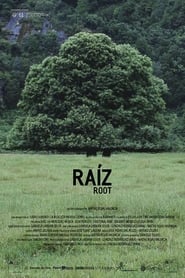 26yearold Amalia sets out on a...
26yearold Amalia sets out on a...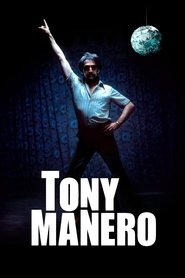 A man is obsessed with John...
A man is obsessed with John... A taxi driver is given a...
A taxi driver is given a...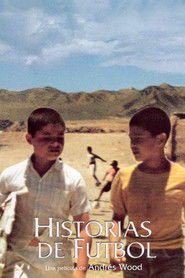 Three vignettes about the lives of...
Three vignettes about the lives of...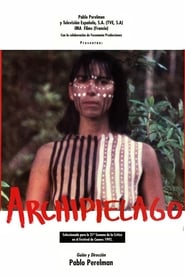 An architect witness the brutal massacre...
An architect witness the brutal massacre...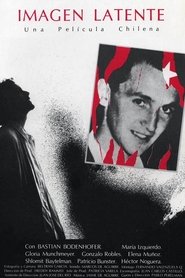 In the late 1980s a politically...
In the late 1980s a politically...